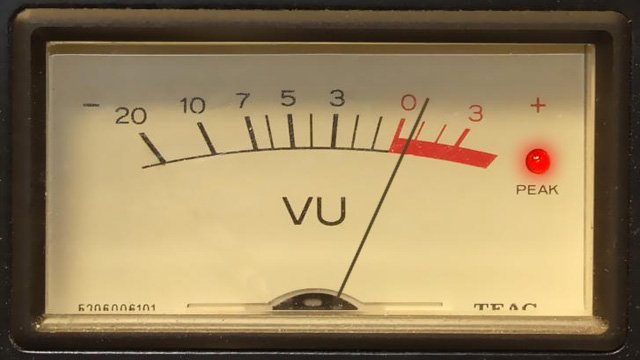Welcome!
This is my first blog post. Ever.
Over the next couple weeks I will undoubtedly get a feeling for how this works and the best way to go about it. Before we get into the more technical, creative, and experimental aspects of the recording process, it makes sense to start at the very beginning.
But where is the beginning? How can you start talking about such a diverse topic? History might be a logical start, and that will come in the near future.
I think it is important to clarify a few things here to start. As you can imagine, the recording process is diverse and varies greatly from session to session. Generally speaking, there are the same core group of people involved in the recording process. These are: the artist, the engineer, and the producer.
The role of the artist is pretty clear – they are the performers, the songwriters, the arrangers. They have crafted their songs to perfection, having scored all the music and written all the lyrics. Then the engineer is the one who captures this performance. They are armed with knowledge of operating all the sound equipment available to them, and they are skilled at pushing the record button at the exact right time. So this must mean the producer is the one who organizes all this madness, and oversees the entire process. Right?
Yes. Well, maybe. But actually, no. This is what I thought before I had any real experience in this field, as an outsider. Years of watching Mtv and Behind the Music specials had led me to this simple conclusion. It is not necessarily wrong, it is just over simplified and sort of ignorant.
Here is what I have learned about these positions over the past years:
Artist: there are many different types of artists. Singer songwriter, pop star, rock and roll band, multi-instrumentalists, non-instrumentalists, lyricist, people who can’t sing in tune, etc. The truth is, their role varies greatly depending on the genre and type of record they are working on. In today’s industry, it seems that it is more common for an artist to be the songwriter (this is especially true for indie bands). However, back in the heyday of rock n roll, many of the most famous stars did not compose their own music or words. It was often done for them by songwriters. Pat Boone was not (and still isn’t) a respected songwriter – he is a good at performing other peoples songs. Many famous pop stars today still use this approach. From Rihanna to the Jonas Brothers, they simply interpret and perform songs that have been specifically written for them by experienced song writers. Contrary to this, bands that perform in any of the rock subgenera usually compose their own material.
Engineer: “sound engineer”, “audio engineer”, “sound technician”, “the tone-master” – these terms are all fairly ambiguous and refer to someone working in music production. I like “sound technician” the best, as it summarizes the role quite well. Engineers work on the technical side of the recording process; they are skilled with the use of the machinery and equipment for the reproduction of sound. Responsibilities include placing of microphones, patching outboard gear, setting levels, and turning a lot of knobs. There are many different types of engineers in the professional audio world, and often these responsibilities are spread out among different people. Some of these include tracking engineer, mixing engineer, mastering engineer, audio post engineer (sound for film), live sound engineer, etc (these terms will be discussed in more detail in a future post).
Producer: for me, the role of a producer was the most difficult of the three to grasp. Basically, the producer is the one who ties everything together. Traditionally, they have overseen and managed the project. Again, this role varies from project to project, but often includes working with the artist to gather songs and ideas for a record, select musicians and songs, and most importantly, coaching the artist and accompanying musicians to obtain the best performance. In my experience, the producer many times will work closely with an engineer they trust to fulfill the certain sound ideas they have envisioned. An interesting note here is the contemporary producer, especially when working with hip hop artists. While the artist usually comes up with their own lyrics, the producer many times provides the beat for the performer to work with. Other duties may include financial negotiations, budgeting the project, and making sure things stay on schedule. Again, I think the most important aspect of being a producer is upholding the quality and integrity of a project.
As you can tell by these short descriptions, the definition of these different positions in the recording process is not always clear cut and can easily vary from project to project. For example, many electronic artists perform all three jobs at once, while hugely successful pop acts may have an executive producer, music producer, four engineers, and a whole series of studio musicians working with them. If nothing else, this shows that the recording process is open for personal interpretation and highly variable.

